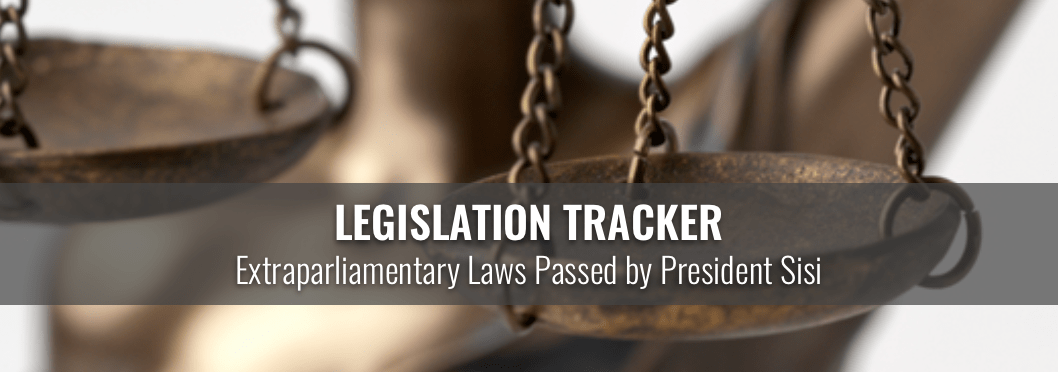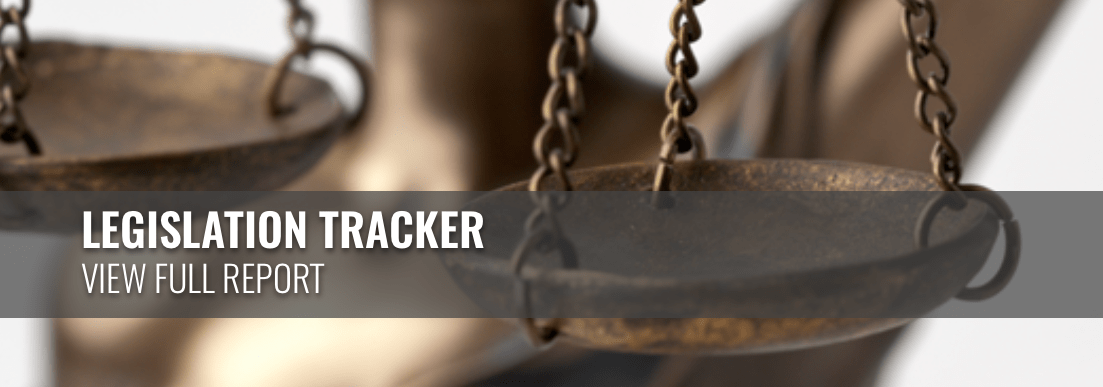In the absence of a parliament, Egyptian President Abdel-Fattah El Sisi has enjoyed both executive and legislative powers since his inauguration on June 8, 2014. The Tahrir Institute for Middle East Policy has been recording Sisi’s use of this temporary legislative power in its Legislation Tracker. According to this project, Sisi has used this power to issue at least 263 laws and decrees; of these, 49 concerned the economy and the allocation of resources, 34 related to political and social rights, 32 governed military and security affairs, 32 concerned foreign policy, and 116 were appointments or decisions on administrative matters.
As Egypt’s House of Representatives prepares to sit for its first session, Article 156 of the Constitution mandates that the parliament will have 15 days to discuss and approve all presidential decrees having the force of law passed in its absence. If the decrees are neither presented nor discussed, their force of law is to be revoked. Most analysts have predicted that, rather than intricately debate and research each decree in question, the parliament is likely to approve the president’s laws in a single, swooping motion, raising serious questions on the balance of powers and possible constitutional violations.
Under normal circumstances, the Constitution envisions a lengthy legislative process. Article 121 states that an absolute majority of the House of Representatives members present is necessary to approve laws and that laws deemed complementary to the Constitution are to be issued by a majority of two-thirds of the House. The Constitution also lays out an extensive process by which to propose legislation, guaranteeing that numerous voices are incorporated into the production of legislation and that the process is not dominated by a single party. Article 122 grants the president, the cabinet, and any representative the right to propose draft legislation. Thereafter, every bill presented is then approved by a committee responsible for the primary review of proposals and then referred to a specialized parliamentary committee for review.
In the absence of a parliament, there is no doubt that the Constitution authorizes the president to fulfill legislative duties by issuing legislation to ensure Egypt’s development and success. At the same time, however, the president must remain cognizant of the spirit of the Constitution and the importance of the balance of powers; he is to invoke his legislative authority via limited means, and such legislation must be of an exceptional nature to accomplish what is absolutely necessary for the nation’s well-being.
This report is a summary of the most notable laws issued by Sisi since his inauguration. Each section—Economy and Resources, Political and Social Rights, Military and Security Affairs, Foreign Policy, and Administrative and Appointments—lists the most important laws for that topic and describes them briefly, followed by a short discussion on the constitutionality and appropriateness of the laws passed.

